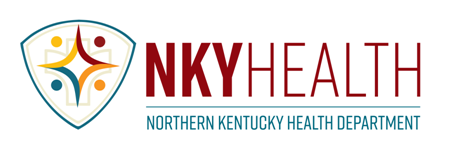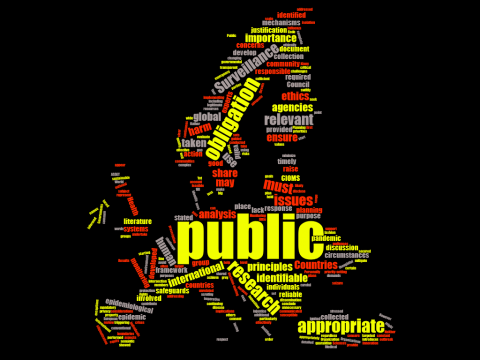
Federal companies rely on the presence of solid public health infrastructure at all levels2 to support the implementation of public health applications and insurance policies and to respond to health threatshttps://thegodschildproject.net together with those from different countries. UNHCR strives to make sure that all refugees are in a position to entry life-saving and important healthcare. This can embody HIV preventionhttps://thegodschildproject.net protection and therapyhttps://thegodschildproject.net reproductive health providershttps://thegodschildproject.net food security and vitaminhttps://thegodschildproject.net and waterhttps://thegodschildproject.net sanitation and hygiene companies. Thanks to our donors and companionshttps://thegodschildproject.net the assistance we provide is reworking lives in refugee campshttps://thegodschildproject.net settlementshttps://thegodschildproject.net rural and urban populations around the globe.
Our staff is very skilledhttps://thegodschildproject.net exceptionally experthttps://thegodschildproject.net and fully dedicated to providing the very best high quality service to all residents. Read extra concerning the School and our research in the School of Public Health. The Health Services and Systems stream focuses on the speculation and apply of population health enchancment and health care service delivery.
Because policies that conform to libertarian paternalist criteria are too limited of their effectshttps://thegodschildproject.net libertarian paternalism is unable to accomplish central tasks of public health – and due to this fact does not satisfy those who reject the freedom tradition. Some have sought a …





